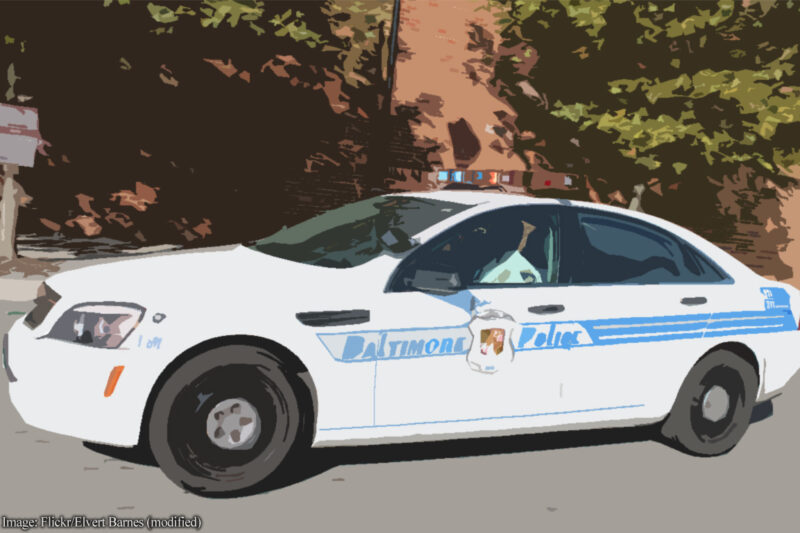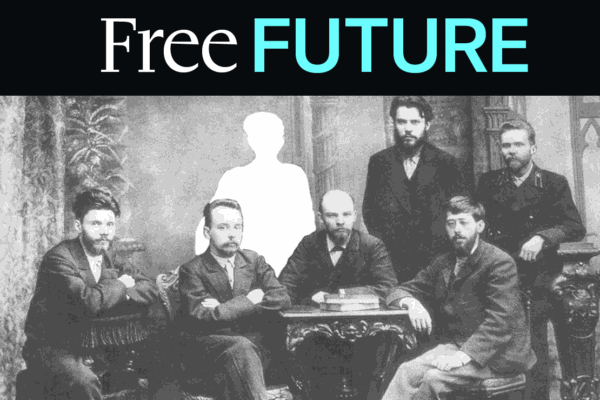Baltimore Police Caught By Their Own Body Cameras Planting Evidence: Lessons


In recent days, public defenders in Baltimore have brought to light video of two separate incidents that appear to show police officers planting drug evidence. These incidents hold several lessons for communities around the country that are implementing police body cameras.
As CNN reported,
During the November incident, one officer searched the car and can be heard on his body camera audio expressing his frustration that they came up with nothing and that there’d be negative consequences if they didn't recover drugs and make an arrest, according to [head of the Baltimore public defender’s special Litigation Section Debbie Katz] Levi.
The officers turned their body cameras off and then back on at staggered times, Levi said. She said that one officer told another, “No, you weren't supposed to turn yours on.”
Levi said when the videos turn back on, one officer is seen squatting by the driver’s seat area. “The group of officers then wait approximately 30 seconds. Shortly thereafter, another officer asks if the area by that compartment has been searched,” she said.
“Nobody responds, and the officer reaches in and locates a bag that appears to contain drugs right by where the prior officer was, and where the car had been thoroughly searched about a half an hour prior with absolutely no results.”
This revelation comes shortly after release of another video in which, as the Baltimore Sun summarizes,
a police officer can be seen placing a bag of alleged drugs among debris in a backyard lot, walking out to the street, activating his body camera — which had automatically recorded 30 seconds before activation — and then returning to the alley and recovering the same bag.
Obviously these videos raise deep questions about abuses in the Baltimore Police Department. They can also be counted as a success for body cameras, because without them the behavior of the police in these incidents would undoubtedly have never come to light. That said, these incidents also serve as a stark reminder of the shortcomings in body camera implementation that we’re seeing around the country.
These incidents show clear violations of the BPD’s activation policy, which requires that the cameras be turned on during all enforcement and investigatory activities—with a search for illegal drugs clearly qualifying as an “investigatory” activity—and which bars termination of that recording during an event until it has concluded, the officer leaves, or a supervisor directs that the recording cease (in which case the reason for ending the recording should be documented on the camera). The policy does not allow officers to turn their body cameras on and off as they did in these incidents.
So far, no action has been taken against the officers involved, with police officials suggesting that the officers may not have planted evidence, but merely restaged real discoveries of drugs for the camera that they had earlier failed to capture. As ACLU of Maryland Senior Staff Attorney David Rocah put it to me, that wouldn’t make what happened okay:
The best and most charitable thing the BPD can say about these videos is that they do not depict evidence being planted, but “merely” searches being recreated without disclosing that fact. But even that is both a violation of BPD policies and of at least three different criminal statutes— those against obstruction of justice, impairment of evidence, and making false statements to public officials concerning crime.
The fact that the officers have not yet been criminally or administratively charged is itself not just a travesty, but further evidence of the deep, systemic problems with accountability in this agency. Even if they don’t suspect the even more serious crime of planting evidence, why wouldn’t they charge the crimes that are right in front of all of our faces right now: manufacturing evidence they knew would be introduced in court to put someone in jail? And, immediately charge the officers with violating departmental policies?
If officers want to re-stage finding evidence, they have to be honest about it. Imagine that I as an ACLU lawyer have a case I’m bringing in Federal Court, in which an email from a government official to my client is relevant evidence, but my client deleted it. Do you think if I created a copy of that deleted email and presented it to the court without acknowledging my recreation, that I would have a job, and wouldn’t be charged with a crime? I sure don’t. So why is it okay for a cop to do that? On what planet is that okay?
As Rocah points out, it isn’t as if this issue of officers manipulating bodycam video was unknown. He said that the BPD’s activation policies were hammered out by a mayoral task force on which he served, and that “we thought specifically about this problem: how officer control over recording could be used to manipulate video records. That led to our recommendations for the clear, unambiguous, easy-to-follow camera activation policy that was adopted by the department and violated here.”
These incidents are a reminder of several things:
- The reality of the kinds of police abuses that have led to support for body cameras in the first place.
- The importance of having good policies with regards to body camera activation (which Baltimore actually does have).
- The importance that police management actually enforce those policies. (I wrote about this recently in the context of the unrecorded police shooting of Justine Damond in Minneapolis.)
- The wisdom of our recommendation that judges empower juries to devalue or even disregard a police officer’s testimony if, in the jury’s view, the officer unjustifiably failed to record an interaction with a civilian.”
- The reality that police officers assigned to wear body cameras will quickly begin to, as I have discussed, think about cameras that are on, play to the camera, and work to shape the photographic record, and how this may have important consequences for policing. This is not the first case in which officer reenactments for the video record have been claimed.
As Rocah summed up the situation,
The existence of officer control over activation is a central reason for public mistrust of body camera programs, and addressing it through good policy and robust enforcement is absolutely critical to ensuring that these programs have public trust and legitimacy. BPD’s failure to enforce the policy in these cases, in the face of flagrant violations that are right in front of our eyes, and which have already had significant public safety consequences, is an abject failure of leadership and accountability, and suggests that the public’s mistrust was well-founded.



